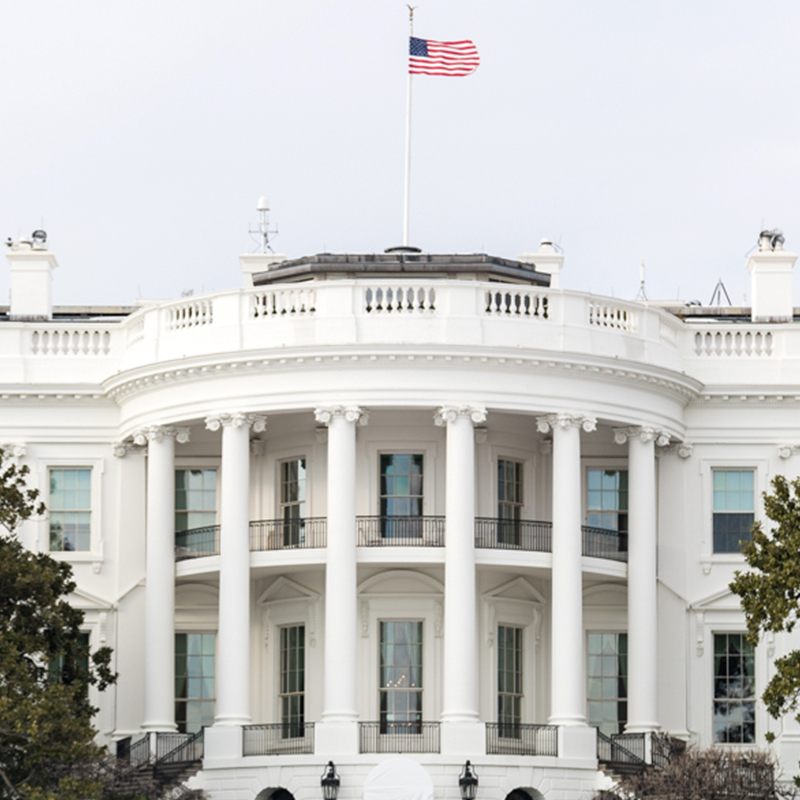US-Led ‘Chip 4’ Alliance Holds First Senior-Level Meeting

‘Chip 4’ group holds first meeting of senior-level officials as US looks to tighten restrictions on China tech industry
The US and its three biggest Asian chipmaking allies, South Korea, Taiwan and Japan, have held an initial meeting of officials under the so-called Chip 4 or Fab 4 alliance, a US-led initiative aimed at restricting the development of China’s chip industry, viewed as a threat to the US’ pre-eminence as a high-tech superpower.
Taiwan’s foreign ministry confirmed the “US-East Asia Semiconductor Supply Chain Resilience Working Group” had held an initial video meeting of senior officials from its working group on Thursday, 16 February.
The statement followed reports from news agencies in Taiwan and South Korea that cited unnamed Taiwanese officials as saying the meeting had taken place.
The ministry said the meeting focused on supply chain resilience.

Supply chain woes
Officials discussed an early-warning system to ensure a steady chip supply, an unnamed Taiwanese official told Bloomberg.
The Covid-19 pandemic played havoc with global chip supplies, forcing automakers to suspend operations and exposing the industry’s reliance on Asia-based manufacturing.
Export controls were reportedly left out of the discussions and no company was present.
“The focus of the discussions of the participating quartet at the meeting was mainly on how to maintain the resilience of the semiconductor supply chain and explore the possible future cooperation directions of all parties,” Taiwan’s foreign ministry stated.
“As an important member of the Indo-Pacific region, our country also plays a key role in the global semiconductor industry, and has deep economic and trade relations with countries in the region.”
Sanctions
Taiwan reportedly proposed for the four parties to exchange supply chain information as early as possible, with Taiwan and South Korea focusing on manufacturing, Japan on materials and the US on its role as a major market.
The three Asian countries are in a delicate position between their reliance on the US for national security and on China as their single biggest trading partner.
The US’ campaign against China’s tech industry has seen sanctions instituted against major Chinese manufacturers of 5G technology and advanced microchips, as well as export controls that bar US chip technology from being shipped to Chinese firms.
Japan and the Netherlands late last month agreed to take part in the the US chip technology export sanctions.